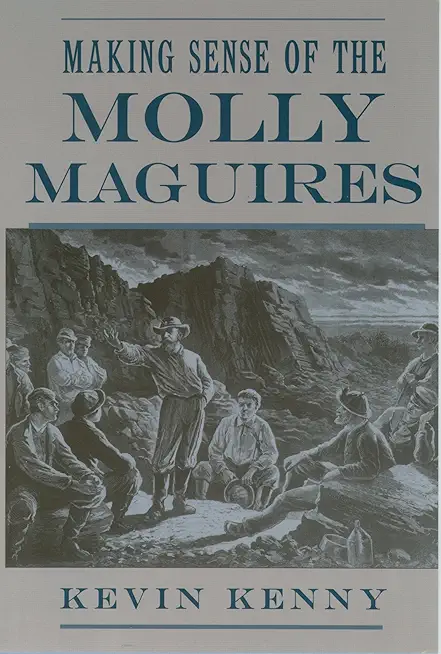
Kenny, Kevin
product information
description
f belonging to a secret terrorist organization called the Molly Maguires, were executed in Pennsylvania in the 1870s for the murder of sixteen men. Ever since, there has been enormous disagreement over who the Molly Maguires were, what they did, and why they did it, as virtually everything we now know about the Molly Maguires is based on the hostile descriptions of their contemporaries. Arguing that such sources are inadequate to serve as the basis for a factual narrative, Kevin Kenny examines the ideology behind contemporary evidence to explain how and why a particular meaning came to be associated with the Molly Maguires in Ireland and Pennsylvania. At the same time, this work examines new archival evidence from Ireland that establishes that the American Molly Maguires were a rare transatlantic strand of the violent protest endemic in the Irish countryside. Combining social and cultural history, Making Sense of the Molly Maguires offers a new explanation of who the Molly Maguires were, as well as why people wrote and believed such curious things about them. In the process, it vividly retells one of the classic stories of American labor and immigration. In the twenty-fifth anniversary edition, a new preface reflects on the original work, immigration and labor history today, and the enduring memory of the Molly Maguires in American popular culture.
member goods
No member items were found under this heading.
Return Policy
All sales are final
Shipping
No special shipping considerations available.
Shipping fees determined at checkout.







